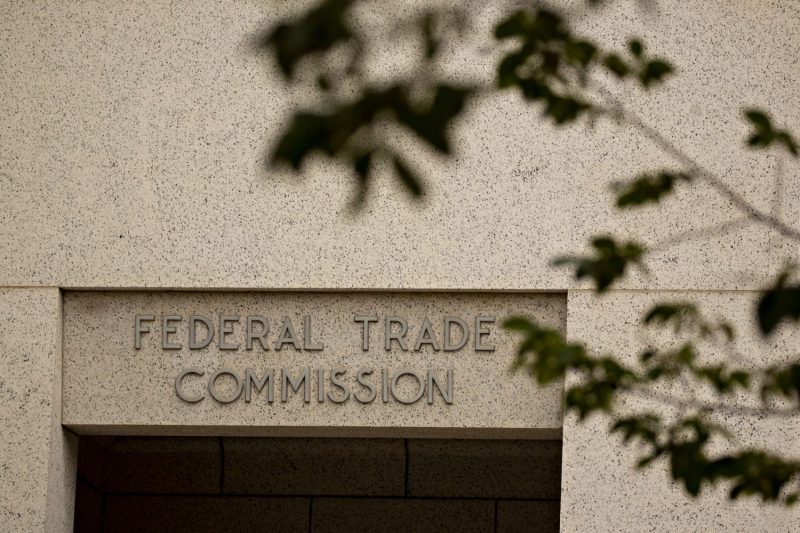The Federal Trade Commission has recently taken a significant step towards addressing the issue of rising insulin prices by accusing three drug middlemen of engaging in anticompetitive practices. This move underscores the increasing scrutiny faced by pharmaceutical intermediaries in the United States, particularly concerning their role in inflating drug prices and limiting competition within the marketplace.
One of the key allegations made by the Federal Trade Commission is that the three drug middlemen – Express Scripts, CVS Health, and OptumRx – used their dominant market positions to disadvantage smaller competitors and stifle competition. By leveraging their substantial bargaining power and negotiating exclusive deals with insulin manufacturers, these companies allegedly prevented other pharmacy benefit managers from securing better prices for the life-saving drug.
Furthermore, the FTC claims that Express Scripts, CVS Health, and OptumRx engaged in a practice known as indexing, where they linked the price of insulin to the list price set by the manufacturers, rather than negotiating for lower prices based on factors such as rebates and discounts. This strategy, according to the commission, allowed the middlemen to secure substantial profits at the expense of patients who were forced to pay higher prices for their insulin.
The implications of these allegations are far-reaching, as insulin remains a critical medication for millions of Americans living with diabetes. The exorbitant cost of insulin has been a growing concern for patients, healthcare providers, and policymakers alike, with many advocacy groups calling for greater transparency and accountability in the pharmaceutical supply chain.
The Federal Trade Commission’s actions against these three drug middlemen signal a broader effort to address the root causes of rising drug prices in the United States. By targeting anticompetitive behavior within the pharmaceutical industry, the commission aims to promote fair competition, lower costs for consumers, and ensure greater accessibility to essential medications like insulin.
In response to the allegations, Express Scripts, CVS Health, and OptumRx have denied any wrongdoing and vowed to defend themselves against the FTC’s claims. The outcome of this legal battle will undoubtedly have significant implications for the future of drug pricing regulation and the role of pharmacy benefit managers in shaping the pharmaceutical landscape.
As the debate over healthcare costs continues to intensify, the Federal Trade Commission’s actions against these drug middlemen serve as a reminder of the importance of fostering competition and transparency in the drug pricing ecosystem. With insulin prices remaining a point of contention for many patients and policymakers, the outcome of this case could potentially pave the way for greater accountability and oversight within the pharmaceutical industry.
